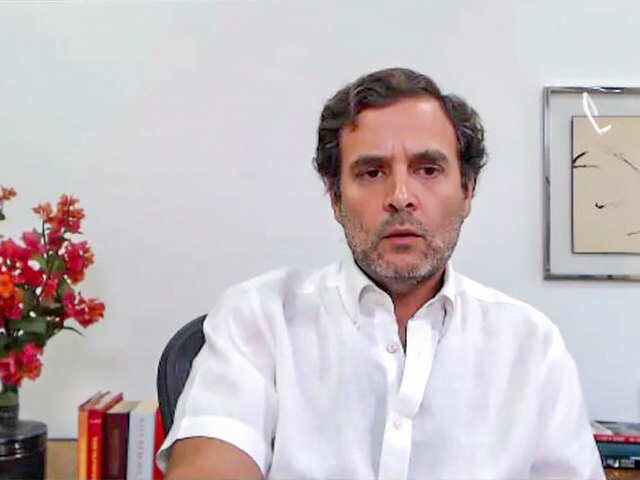New Delhi, Dec 27: Former Punjab Minister and BJP leader Laxmi Kanta Chawla has rapped Prime Minister Narendra Modi and Railway Minister Piyush Goyal for the alleged apathy towards the common man and urged them to forget about the “bullet” train.
In a video that went viral on Wednesday, Ms. Chawla is seen aboard a train, appealing to the Modi government to “have mercy on the common man”. “I am on board the Saryu Yamuna Express for 24 plus eight hours. This train is running nine hours behind schedule. For God’s sake, forget about bullet train, focus on the trains that are already running,” she said in the video.
“Modiji, the public is distressed. Whose achche din [good times] have come, we don’t know. But most certainly, achche din have not come for the common man, for the poor and the unemployed. I have myself seen engineering diploma holder youth doing menial jobs. What have you given them?” she said.
Tells Minister to travel sometimes like a commoner
She also took on Mr. Goyal, saying the claims that milk is arranged for babies and doctors attend to the sick travelling on trains if they just tweet their needs seemed to be merely a “publicity stunt”.
“We have been dialling railway helplines 138 and 139 and sending you [Mr. Goyal] emails but there is no one out there to listen to our woes. There is no food on this train, the seats are broken, toilet seats are dirty and doors have to be opened with a lot of difficulty,” she said.
She asked the Railway Minister to travel sometimes like a commoner in a train to see the hardships the traveller faces.
“What if Shatabdi and Rajdhani trains are good? These are for rich people. What about trains like this one in which the labourers, farmers, soldiers and their families travel? Hundreds are sleeping in the open at railway stations in this bitter cold for want of waiting rooms,” she said.
“Andher nagri, chopat raja [Dark is the nation, insane is the king],” she added.






Comments
Waaaaaw... some body open the truth of real face of BJP
Add new comment